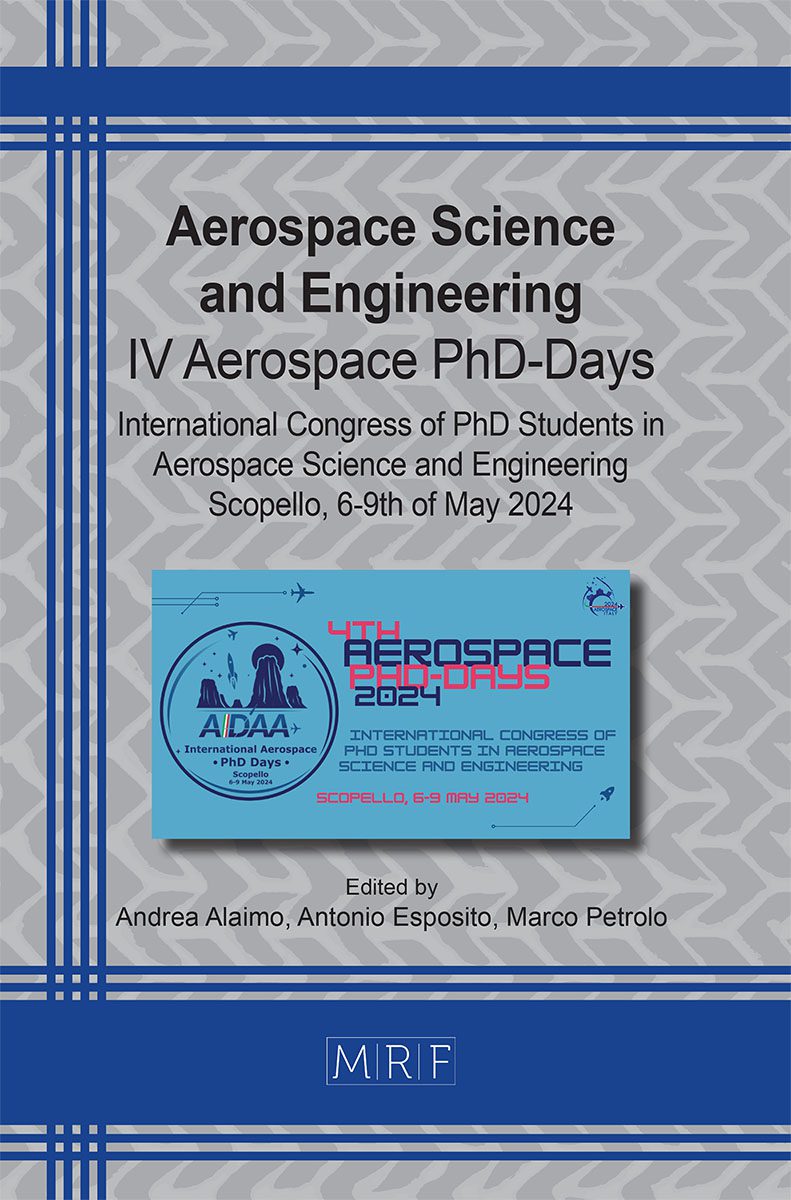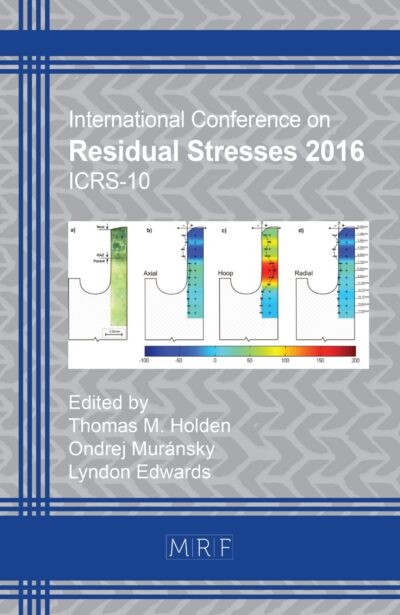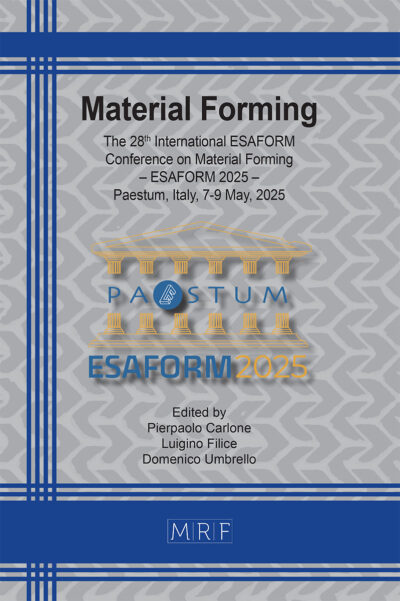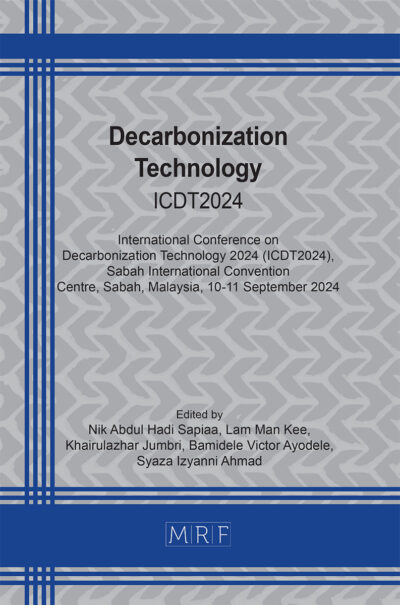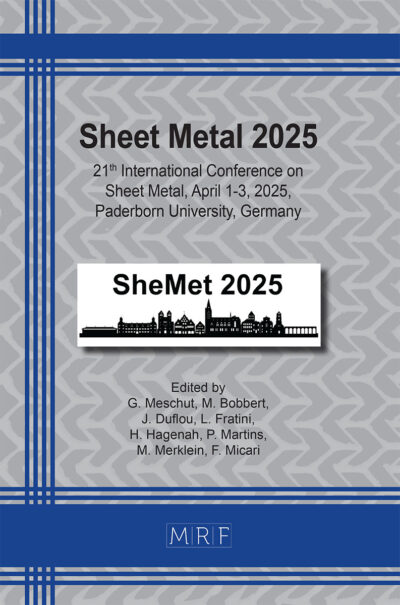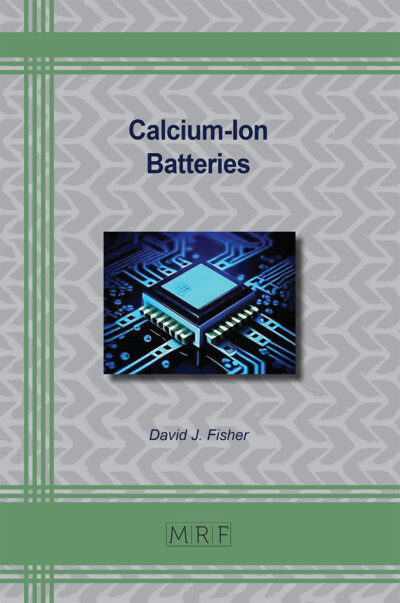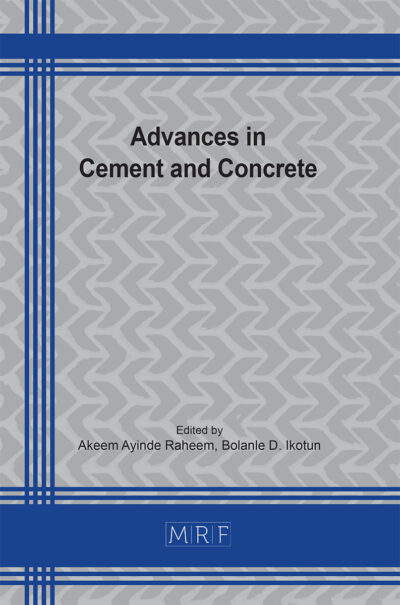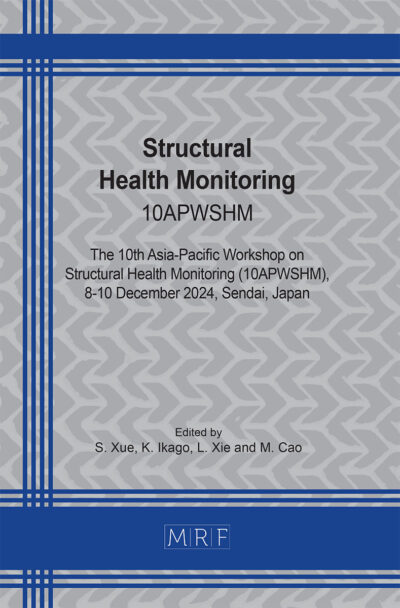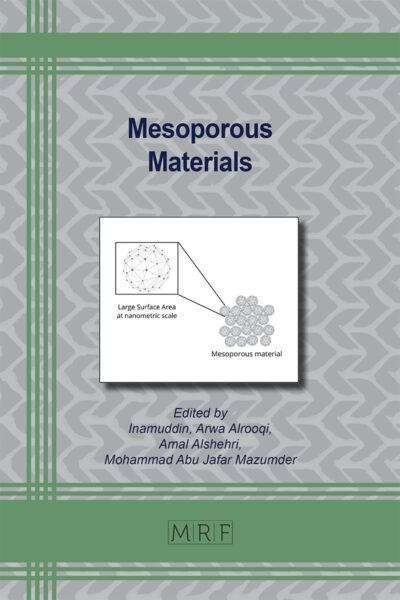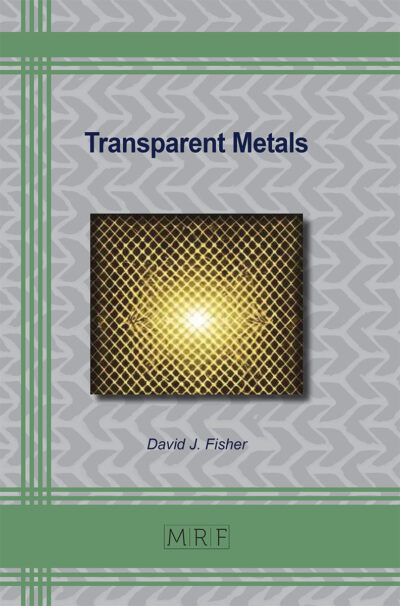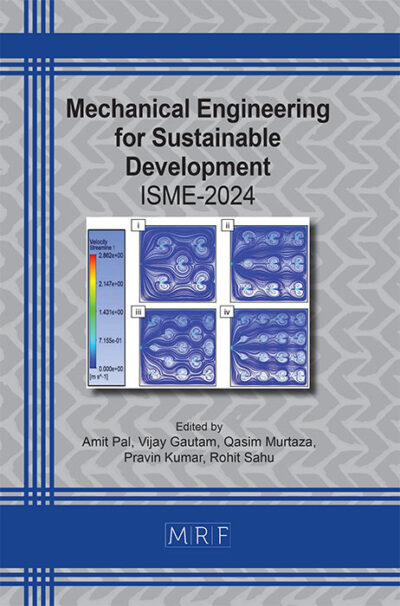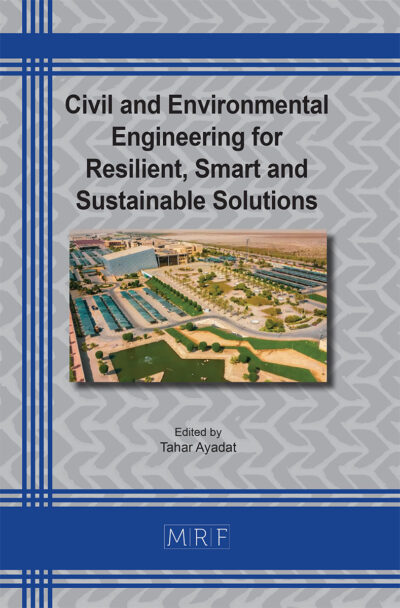–
Space-based observation modeling method considering resident space object state uncertainty
Yifan Cai, Camilla Colombo
download PDFAbstract. The proliferation of Resident Space Objects (RSOs) is accelerating at an unprecedented pace, leading to a notable escalation in RSO density and heightened risks to space operations. Consequently, there is an urgent demand for more effective methodologies to estimate the orbital state of RSOs, ensuring the sustainability of space activities. Compared with ground-based observation, space-based observation systems offer significant advantages in accuracy and timeliness owing to their capability for continuous and comprehensive monitoring. However, space-based observation sensors have limited field of view, resulting in their ability to accommodate only a few number of RSOs. Therefore, accurately assessing the detectability of RSOs relative to the sensor and using this information to determine which RSOs to observe is crucial. This can prevent wastage of limited sensor observation resources, thereby acquiring more effective observational data to attain precise RSO states. Due to the inevitable uncertainty in the characterization of RSO states, solely relying on certainty geometric relationships to calculate the detectability is not sufficiently accurate. This paper proposes a space-based observation modeling method that incorporates the uncertainty of the RSO state. By integrating the Monte Carlo (MC) random sampling idea, this method is developed based on probabilistic relationships. This enables the derivation of a numerically continuous distribution of the detectable probability of RSOs, rather than only focusing on whether they are detectable. The intriguing aspect of this research lies in embedding the uncertainty of RSO states into all stages of estimation, thereby enhancing the accuracy of RSO state estimation under limited sensor observation resources.
Keywords
Space-based Observation, Resident Space Objects, Uncertainty, Monte Carlo
Published online 6/1/2024, 5 pages
Copyright © 2024 by the author(s)
Published under license by Materials Research Forum LLC., Millersville PA, USA
Citation: Yifan Cai, Camilla Colombo, Space-based observation modeling method considering resident space object state uncertainty, Materials Research Proceedings, Vol. 42, pp 183-187, 2024
DOI: https://doi.org/10.21741/9781644903193-40
The article was published as article 40 of the book Aerospace Science and Engineering
![]() Content from this work may be used under the terms of the Creative Commons Attribution 3.0 license. Any further distribution of this work must maintain attribution to the author(s) and the title of the work, journal citation and DOI.
Content from this work may be used under the terms of the Creative Commons Attribution 3.0 license. Any further distribution of this work must maintain attribution to the author(s) and the title of the work, journal citation and DOI.
References
[1] H.W. Sorenson, D.L. Alspach, Recursive Bayesian estimation using Gaussian sums, Automatica. 1971, 7(4): 465-479. https://doi.org/10.1016/0005-1098(71)90097-5
[2] H. Cai, S. Gehly, Y. Yang, et al, Multisensor tasking using analytical Rényi divergence in labeled multi-Bernoulli filtering, Journal of Guidance, Control, and Dynamics. 2019, 42(9): 2078-2085. https://doi.org/10.2514/1.G004232
[3] J. Zhang, Y. Cai, C. Xue, et al, LEO mega constellations: review of development, impact, surveillance, and governance, Space: Science & Technology. 2022. https://doi.org/10.34133/2022/9865174
[4] F. James, Monte Carlo theory and practice, Reports on progress in Physics. 1980, 43(9): 1145. https://doi.org/10.1088/0034-4885/43/9/002
[5] X. Qian, L. Li, J. Zhang, et al, Generic Homotopic Smoothing for Low-Thrust Optimal Control Problems With Power Constraints, IEEE Transactions on Control Systems Technology. 2024.
[6] J. G. López-Cepero, AstroDART: Astronomical data analysis and recovery from tracklets, Aerotecnica Missili & Spazio. 2023, 102(4): 355-365. https://doi.org/10.1007/s42496-023-00174-5

